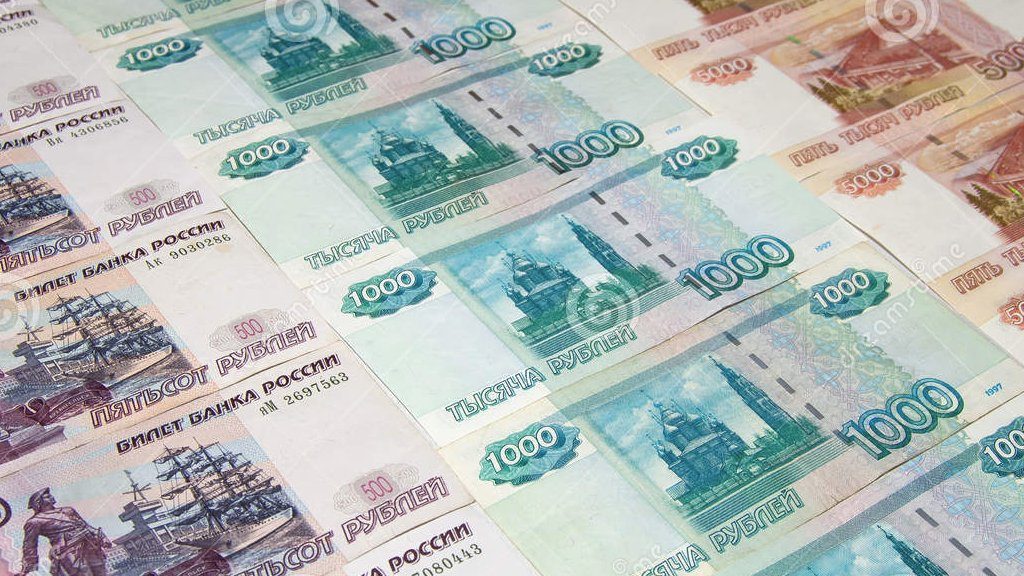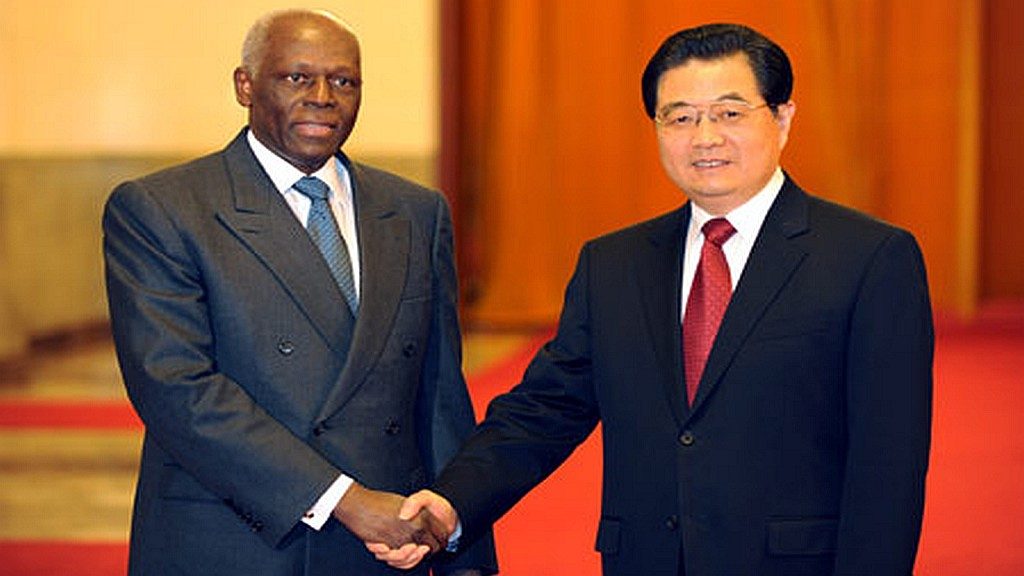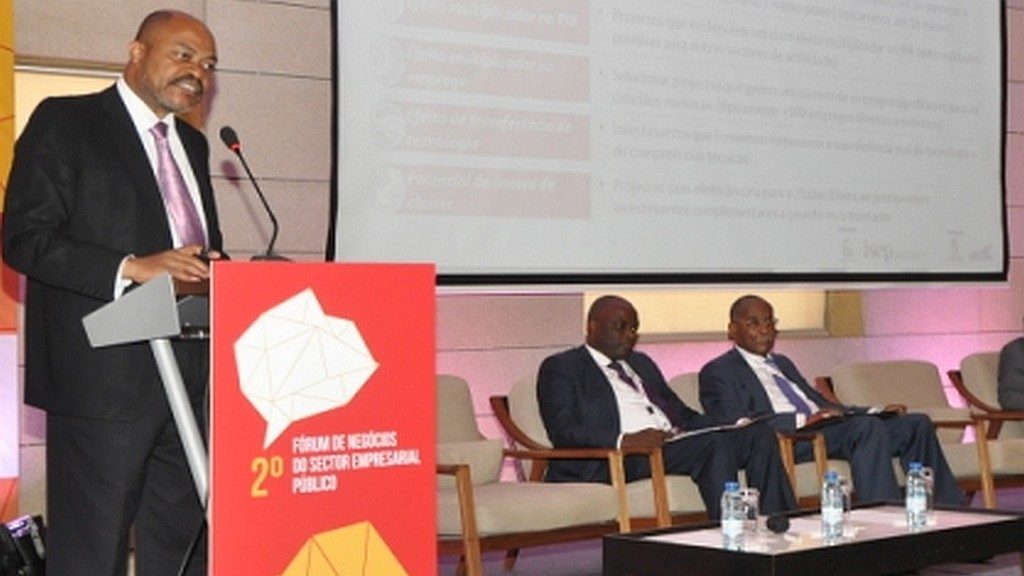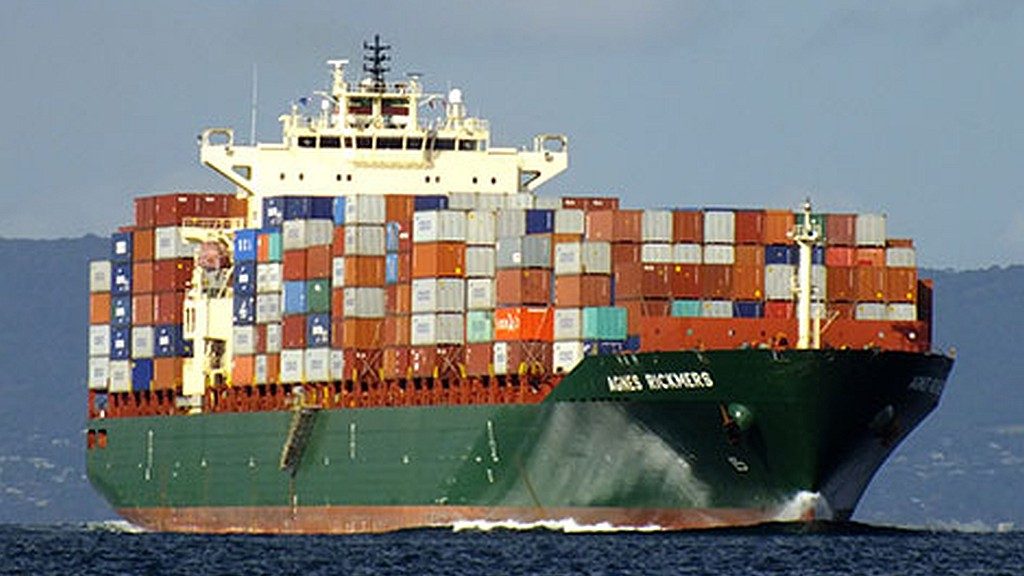A peaceful outcome of the 2015 presidential election was the desire of the generality of Nigerians and the international community. Thankfully, we got it; and more. President Goodluck Jonathan converted his loss of the election to something remarkably positive for the country and for his legacy. His concession of defeat and early call to congratulate General Muhammadu Buhari, who emerged as President-elect, is surely an indelible mark in our strides to entrenching a democratic culture in Nigeria. It also serves as a needed point of reference for Africa, where a number of elections are lined up for this year. Structural Transformation The latest general election cycle coincided with a period of serious slump in the price of crude oil at the international market. From trading at well over $100 per barrel a year ago, the Nigerian grade Brent Crude now trades below $60 a barrel. This has translated to revenue shock for the government. The slump in the price of oil has also repressed foreign reserves. In line with its responsibility for financial stability, the Central Bank of Nigeria (CBN) has had to regularly draw down on the reserves to defend the local currency. It is therefore evident that, while we deservedly celebrate the peaceful outcome of the election, we are confronted with the harsh economic realities imposed by lower oil prices. However, this immediate challenge advises on the path for long-term economic management.
Continue reading Economic Diversification and Non-oil Export Growth Back on the Front Burner
Tag Archives: Trade
Russian credit of 1.5 billion to Angola
Beijing, largest trading partner of Angola and pioneer in reconstruction
Angola created national strategy to accelerate diversification
Trade between China and Portuguese-speaking countries
Trade between China and Portuguese-speaking countries amounted to US$102.580 billion from January to September, an annual increase of 4.06 percent, according to official Chinese figures published in Macau.
In the first nine months of the year China sold goods to the eight Portuguese-speaking countries worth US$33.24 billion (+3.98 percent) and bought goods amounting to US$69.346 billion (+ 4.10 percent), taking on a trade deficit of US$36.106 billion.
In Brazil, which is China’s biggest global trading partner, trade totalled US$68.237 billion (+1.38 percent), with China selling goods worth US$25.698 billion (-2 58 percent) and buying goods in the amount of US$42.539 billion (+3.94 percent).
In second place was Angola with two-way trade of US$28.262 billion (+4.31 percent), which was the sum of Chinese sales of US$3.883 billion (+39.45 percent) and purchases of US$24.378 billion (+0.28 percent).
After Angola was Portugal, with trade with China worth US$3.613 billion (+ 24.93 percent), as a result of sales by China amounting to US$2.332 billion (+27.07 percent) and purchases of US$1.28 billion (+ 21.21 percent).
In fourth place was Mozambique total trade of US$2.329 billion (+ 95.27 percent), with China selling goods worth US$1.231 billion (+ 39.03 percent) and buying goods worth US$1.098 billion (+ 257.28 percent).
With the remaining Portuguese-speaking countries, Cabo Verde (Cape Verde), Guinea-Bissau, Sao Tome and Principe and Timor Leste (East Timor), trade with China in the first nine months of the year totalled US$145 million.
Source: ANIP, MACAUHUB
 afric-Invest
afric-Invest



